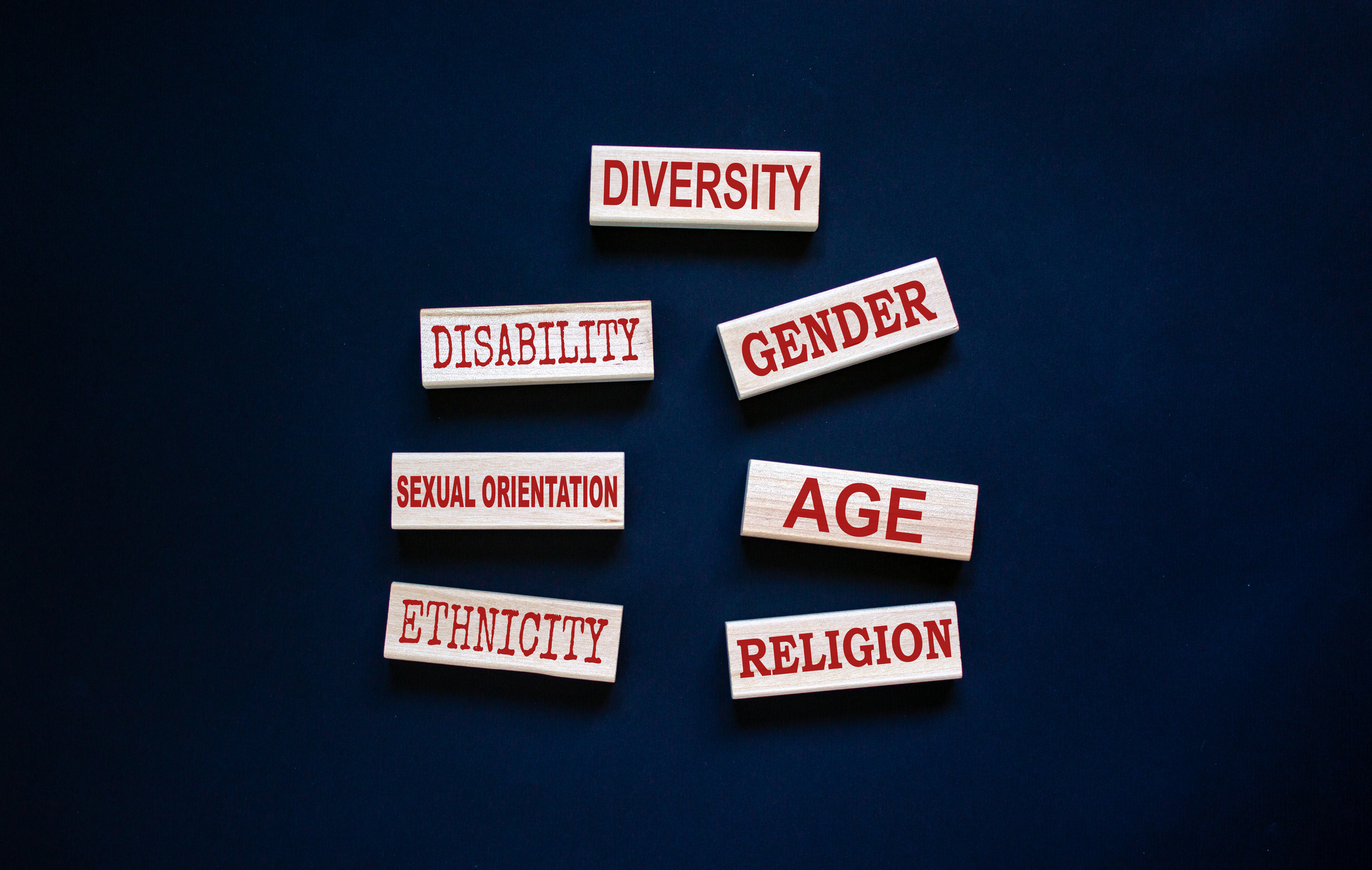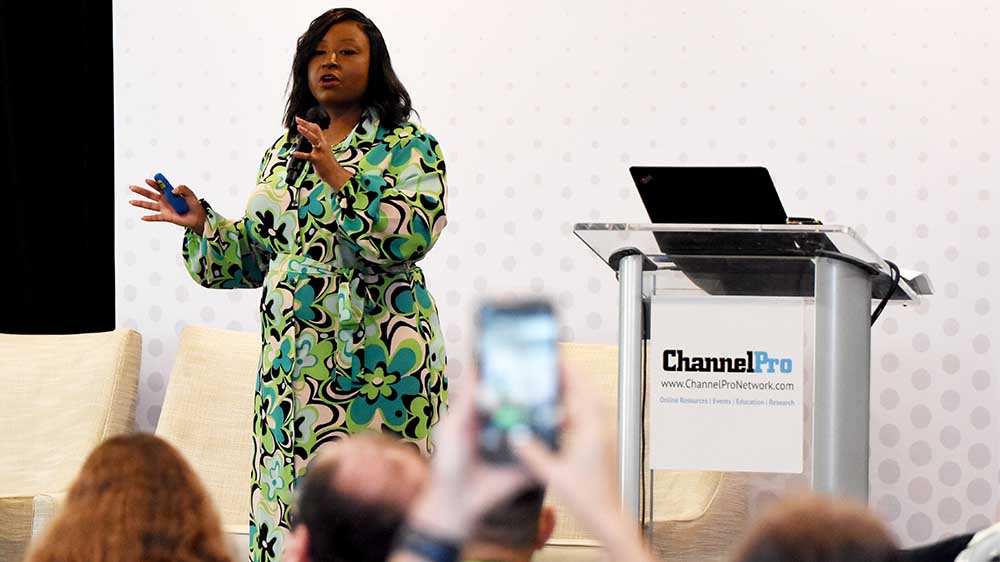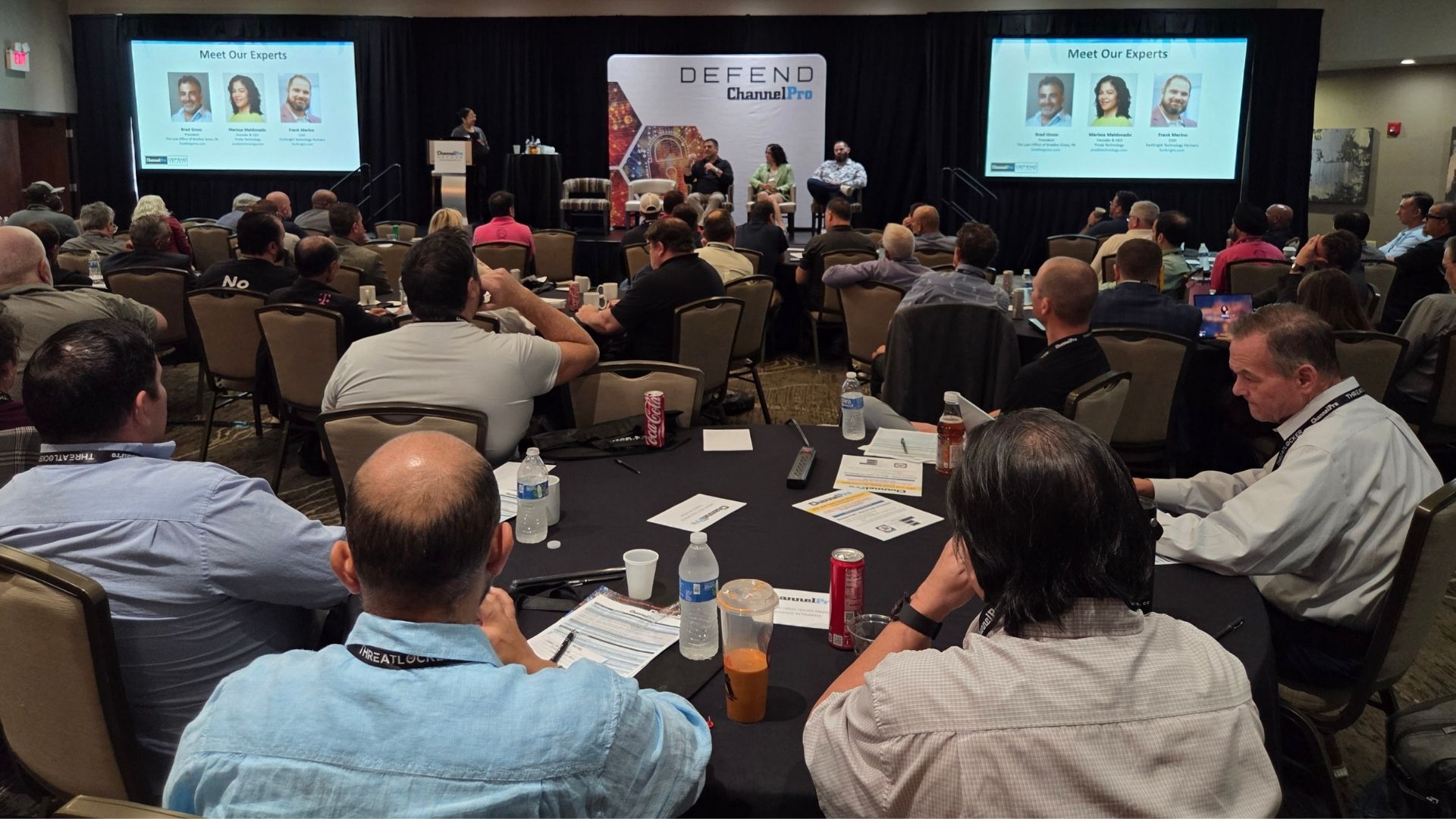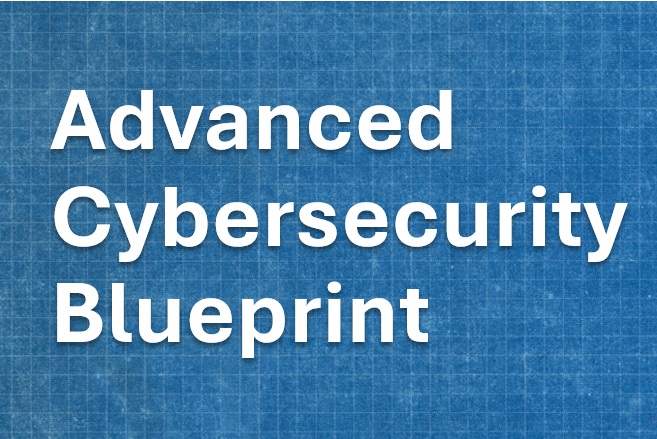ONE DESIRED OUTCOME of diversity, equity, and inclusion (DEI) initiatives is to enable employees to “bring their whole self to work.” Race, ethnicity, and gender tend to be the first issues that come to mind when people think about organizational diversity, but for many, faith is an important part of their “whole self.” Indeed, according to an average of all 2021 Gallup polling, about 3 in 4 Americans identify with a specific religious faith, and 49% say religion is “very important” in their life, with another 27% saying it is “fairly important.”
Moreover, 80% of business leaders say it’s “good for company culture” to encourage employees to be open about their faith, according to a 2022 national poll from research and data analytics company HarrisX and Deseret News, a subsidiary of the Deseret Management Corp., which is owned by The Church of Jesus Christ of Latter-day Saints.
So, should business leaders expand DEI efforts to incorporate religious diversity if they haven’t already? And how do they navigate potential conflicts, such as when one employee’s religious beliefs clash with another’s sexual orientation, or if a religious observance conflicts with a workplace policy?
For more resources and content on diversity, equity, and inclusion from ChannelPro and CompTIA, go here.
The answer to the first question is yes, says Brian Grim, founder and president of the Religious Freedom & Business Foundation (RFBF), and former chair of the World Economic Forum’s global council on the role of faith. “If you don’t let [religion] be a topic of conversation, people fill in the blanks with whatever prejudices or stereotypes or previous experiences they’ve had.”

Brian Grim
He points to large companies like Amazon, Microsoft, Intel, and Google that have already successfully integrated religious diversity into their DEI efforts. Not only does religious diversity benefit employee engagement, Grim notes, but innovation as well. “If you pretend that [faith] doesn’t exist, then you can’t connect with customers and you missed an opportunity.”
Google, for example, launched the Inter Belief Network (IBN), an employee resource group (ERG) that “aims to create a culture of inclusion, tolerance, and mutual understanding at Google for a diversity of beliefs, where Googlers of all beliefs feel welcome, included, and supported. IBN also aims to ensure that the voices of belief-based communities are represented in Google’s products.”
On how to navigate potential conflicts, Grim says companies that have successfully embraced a faith-friendly workplace “have found that there have to be some basic policies and ground rules. … It’s not church. It’s not a mosque or synagogue. … It’s a place where people can celebrate things that are important to them. They can inform others [about those beliefs].” Grim adds that “recognition has to be given to people with worldviews that don’t include faith or belief.”
Employers should also be aware that the same law that prohibits discrimination and harassment on the basis of gender identity/transgender status and sexual orientation, Title VII of the Civil Rights Act of 1964, also requires employers to reasonably accommodate their employees’ religious observances, practices, and beliefs, unless doing so would be an “undue hardship” to the employer’s operations.
The Society for Human Resource Management (SHRM) recommends inclusive workplace practices such as providing “quiet rooms” or spaces employees can use to pray or take a break, offering employees training on how to learn about their co-workers’ religious preferences with respectful discussions, and ensuring that company policies don’t inadvertently discriminate, such as dress code restrictions.
A safety rule, such as prohibiting the wearing of jewelry while operating machinery, for instance, may be nonnegotiable, Grim says, but other policies may have room for accommodation, such as flexible shifts on religious holidays. Employers should examine if policies are critical or could be changed, he adds. “Just opening that space up for discussion is really important.”
Implemented thoughtfully, a DEI program that includes religious diversity can navigate divisive issues through open conversations and training, Grim says. “Rather than this being a source of tension, there’s a lot of allyship that happens.”
While ERGs are an important driver of religious diversity and inclusion at larger companies, there are other steps smaller companies can take to advance these goals. The Tanenbaum Center for Interreligious Understanding has developed a checklist for those just getting started. In addition, the RFBF has developed the Corporate Religious Equity, Diversity & Inclusion (REDI) Index, a benchmark to measure a company’s commitment to including religion as part of its overall diversity initiatives. It consists of 10 data points, including:
- Religion is featured on the company’s main diversity page
- Religion is clearly addressed in diversity training
- The company provides chaplains or other spiritual care
As for that old adage, never discuss religion or politics, Grim says this: “Religion is very different than politics because it has dimensions that are very helpful to people, their lives, their health, their concepts, their well-being, their psychological views of themselves, and hope for eternity.”
Image: iStock













